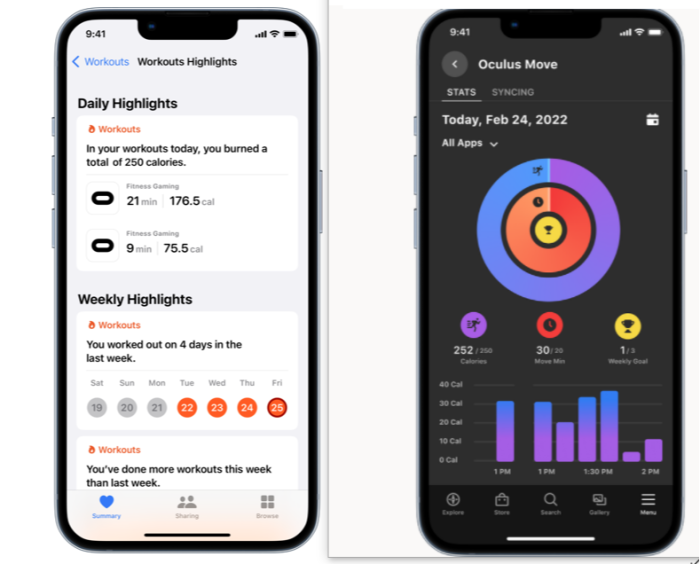President Biden’s wide-ranging executive order on the crypto industry issued on Wednesday represents a major effort by the US government to get to grips with the fast-growing sector.
The White House instructed agencies across government to report on cryptocurrencies, consider new regulations, and look at the pros and cons of a digital dollar.
“Ensuring responsible innovation and evolution of the digital asset ecosystem is essential to our national security, financial stability, economic competitiveness, and continued global leadership,” the White House said.
In a timely feature for FT Magazine, Hannah Murphy and Kiran Stacey tell the story of how the Biden administration dealt a death blow to Facebook’s digital currency Diem last June, after a meeting between Treasury secretary Janet Yellen and Federal Reserve chair Jay Powell.
In January, Diem confirmed that it was winding down, with its remains being sold to a little-known Californian bank for $182mn, marking one of the most spectacular, if little-noted, failures of Mark Zuckerberg’s career.
Speaking to some 30 people involved in the ill-fated project, what emerges is a picture of Silicon Valley executives who thought they could charge into finance and make billions, if only they could surmount technical and regulatory barriers.
What they failed to realise was that the very fact Facebook had conceived the idea, doomed it. As one government official involved in the process puts it: “Diem spent years trying to reverse engineer their project to fix all of its faults. But they could never fix being linked to Facebook. It was their original sin.”
Facebook may also have been too early as a first-mover. Governments were not ready to give their imprimatur to a development they had not yet worked out how to manage. Joe Biden’s executive order ought to at least fix that.
In other crypto developments, Gillian Tett looks at how digital currencies are making an impact in the Ukraine conflict, while the chief executive of crypto exchange Binance tells us it is planning an acquisition spree to push in to new markets, as its massive digital assets trading unit comes under sustained regulatory scrutiny.
The Internet of (Five) Things
1. The metaverse’s current miasma
Tom Faber has been looking at the prospects for an even bigger Zuckerberg project. So far, his vision of the metaverse has been uninspiring, he says. Meta launched Horizon Worlds, a bland world of legless avatars that has already received scrutiny over in-game sexual harassment.
2. Amazon’s stock split and buyback
The ecommerce giant has announced a 20-for-1 stock split and a share buyback of up to $10bn, in an effort to boost its stock price in the face of heavy operating costs and concerns over staff retention. Lex says long-term investment in infrastructure is a better use of funds.
3. Oz media benefits from Big Tech payments
Google and Facebook paid Australian media companies around A$200mn ($146mn) in the past year because of new regulations that have helped the local industry, according to a new report. Australia was the first country in the world to introduce laws forcing technology platforms to negotiate payments with the local media industry after a battle between Google and the country’s consumer regulator.
4. Ve viability concerns
Former UK unicorn Ve Global is in “financial distress” just five years after it was bought out of administration. The ecommerce software maker has launched an accelerated sales process for its assets, following poorer than expected trading in recent months.
5. Apple cashing in on chips with Cook
Venture capitalist Michael Moritz lays into the recommendation by influential shareholder advisory group ISS against the pay package of Apple’s Tim Cook. He says it shows the agency should not be judge and jury on corporate governance matters. Richard Waters says Apple’s in-house chips will power it into new markets.
Tech tools — Quest mobile Move and a Magic Leap

Talking of the metaverse, Meta has just announced a merging of the real world and the virtual. Oculus Move, its Quest 2 headset’s built-in fitness tracker, helps people track their active time spent, calories burnt, and goals/progress for VR fitness games. Starting next month, users will be able to view their stats outside the VR world, through the Oculus mobile app and Apple Health. Meanwhile, Cnet and others have had a “heads-on” with the Magic Leap 2, a much-improved pair of mixed reality glasses.











